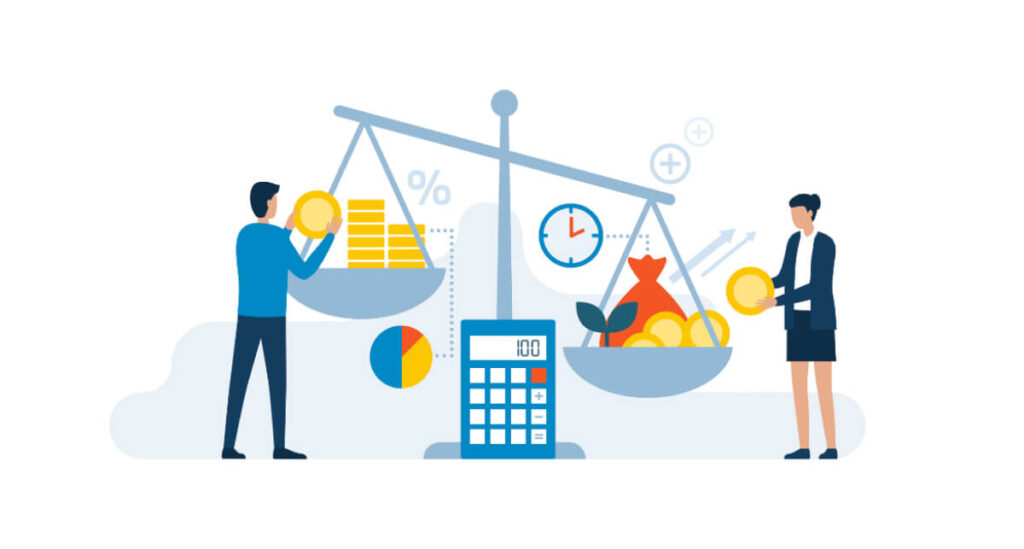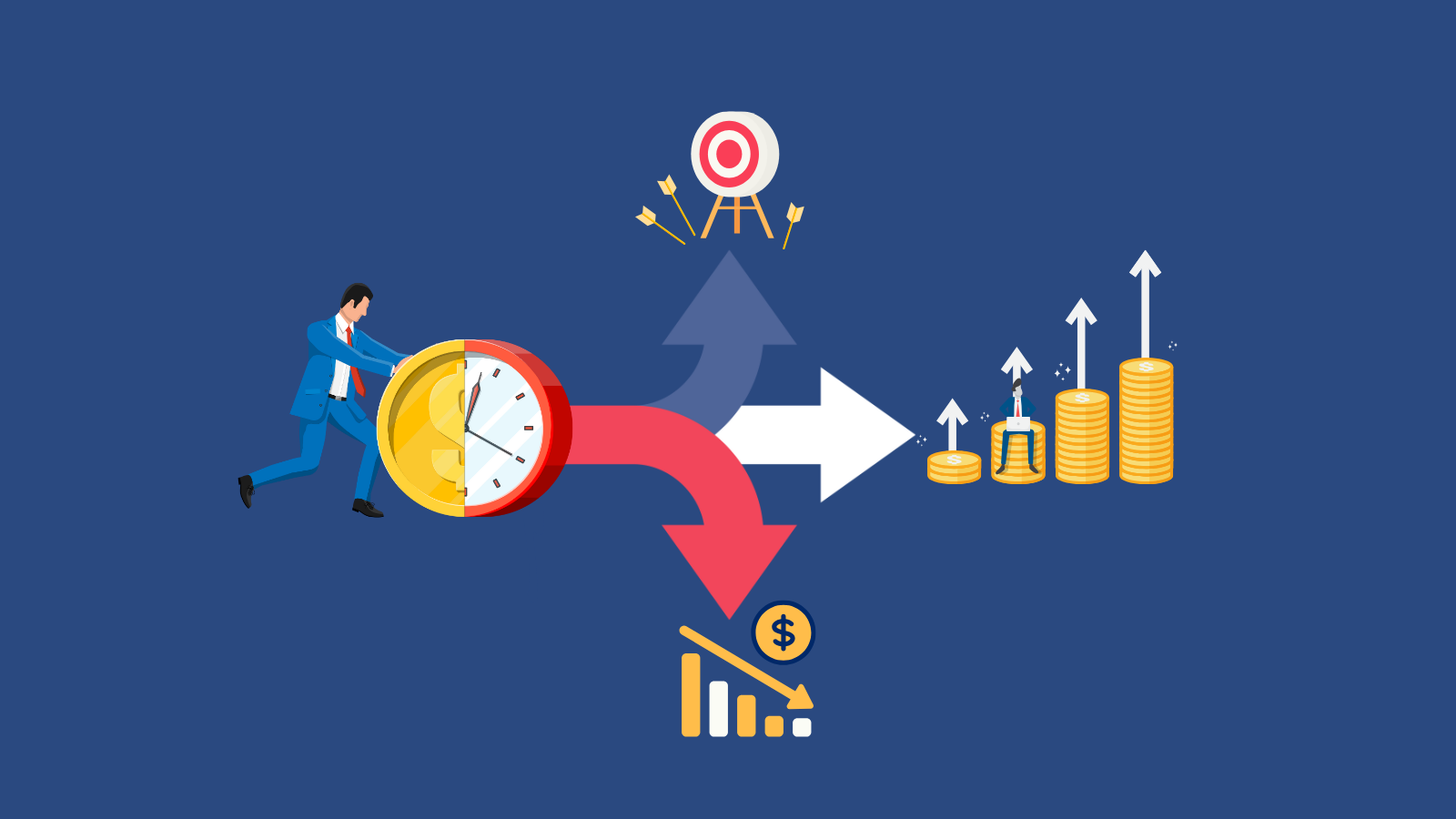Opportunity cost is a fundamental concept in economics that plays a crucial role in economic and managerial decision-making. It refers to the cost of foregoing the next best alternative when making a choice. In this article, we will explore the concept of opportunity cost, its applications in everyday life and business, and its importance in economic decision-making.
Concept of Opportunity Cost
Opportunity cost is the value of the best alternative that is lost as a result of choosing another option. In other words, when an individual or organization makes an economic decision, they must choose from among several options. The opportunity cost represents the value of the best alternative that is forgone by choosing the current option.
For example, suppose you decide to travel instead of working on a holiday. The opportunity cost of this decision is the income you could have earned by working on that day. In other words, by choosing to travel, you forgo the income you could have earned from working.
Factors Affecting Opportunity Cost
Opportunity cost is influenced by several factors, including:
- Limited Resources: Financial resources, time, energy, and knowledge are all limited, and using them for one option means not using them for other options. Therefore, opportunity cost is closely related to the extent of limited resources.
- Individual and Organizational Priorities: Decisions are made based on individual and organizational priorities and goals. Priorities can be determined based on needs, desires, values, and long-term or short-term goals, and opportunity cost changes accordingly.
- Available Information: Access to accurate and comprehensive information about various options can influence decisions and the calculation of opportunity cost. Incomplete or incorrect information can lead to incorrect estimation of opportunity cost.

Applications of Opportunity Cost
Opportunity cost has many applications in various aspects of everyday life and business. Here are some of its applications:
- Personal Financial Decisions: Individuals can make better financial decisions using the concept of opportunity cost. For example, deciding to buy a new car may mean losing the opportunity to invest in the stock market. Understanding opportunity cost can help individuals make more intelligent financial decisions.
- Time Management: One of the most limited resources in everyone’s life is time. Opportunity cost can help individuals make the best use of their time. For example, when someone decides to watch TV instead of reading a beneficial book, the opportunity cost is the time that could have been spent learning and enhancing their knowledge.
- Business Decision-Making: Opportunity cost is also very important in business decision-making. Managers and entrepreneurs can use opportunity cost to make the best use of their financial and human resources. For example, deciding to develop a new product might mean losing the opportunity to improve current products.
- Public Policy: Governments and policymakers can also use the concept of opportunity cost to make better decisions in allocating public resources. For example, deciding to invest in building a new highway may mean losing the opportunity to invest in education or healthcare.
Importance of Opportunity Cost in Economic Decision-Making
Opportunity cost is one of the most important analytical tools in economic decision-making. It helps individuals and organizations compare the real value of different options and make the best decision. Understanding and calculating opportunity cost can lead to greater efficiency, reduced costs, and increased returns.
Conclusion
Opportunity cost is a key concept in economics and management that helps us consider the real value of different options in our decision-making processes. This concept is determined by limited resources, priorities, and the amount of available information and has widespread applications in daily life, businesses, and public policy. Familiarity with opportunity cost and its application in economic decision-making can improve decision quality and increase efficiency.

Leave a Reply